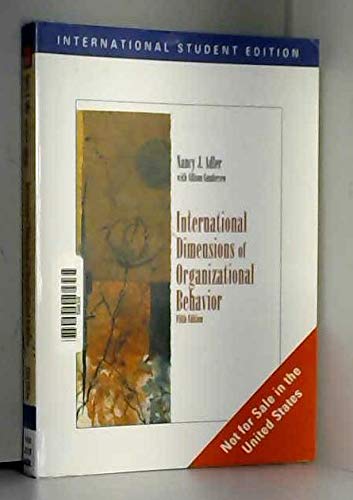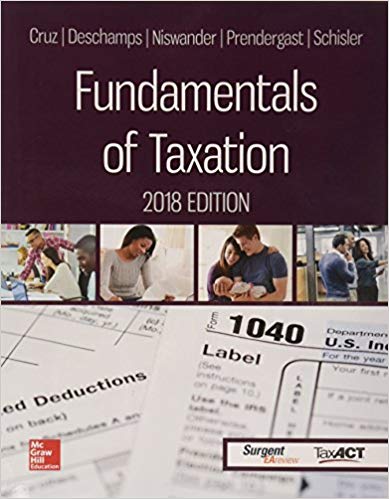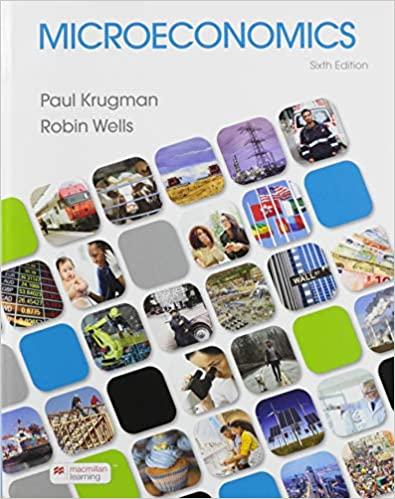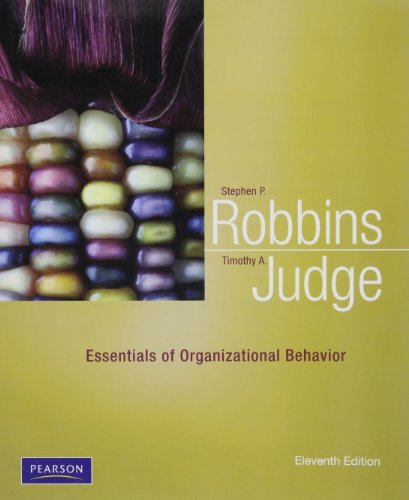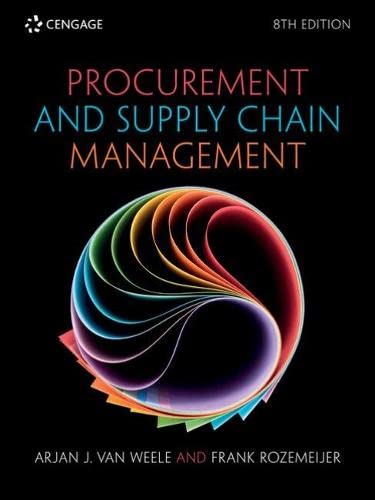Go back

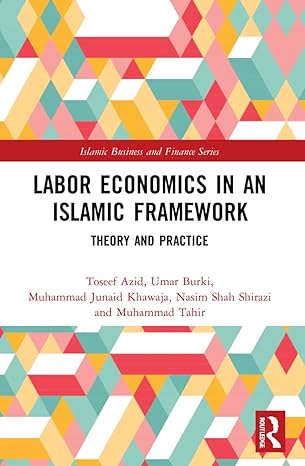
Labor Economics In An Islamic Framework Theory And Practice(1st Edition)
Authors:
Toseef Azid ,umar Burki ,muhammad Junaid Khawaja ,nasim Shah Shirazi

Cover Type:Hardcover
Condition:Used
In Stock
Include with your book
Free shipping: April 04, 2024Popular items with books
Access to 3 Million+ solutions
Free ✝
Ask 10 Questions from expert
200,000+ Expert answers
✝ 7 days-trial
Total Price:
$0
List Price: $48.43
Savings: $48.43(100%)
Book details
ISBN: 1032019565, 978-1032019567
Book publisher: Routledge
Get your hands on the best-selling book Labor Economics In An Islamic Framework Theory And Practice 1st Edition for free. Feed your curiosity and let your imagination soar with the best stories coming out to you without hefty price tags. Browse SolutionInn to discover a treasure trove of fiction and non-fiction books where every page leads the reader to an undiscovered world. Start your literary adventure right away and also enjoy free shipping of these complimentary books to your door.
Labor Economics In An Islamic Framework Theory And Practice 1st Edition Summary: The labor market in Islam is governed by the Islamic laws of fairness, justice, and reward that is equivalent to the job done. Most of the literature in the field discusses the normative aspect of the labor market, whereas few attempts can be seen to address more positive aspects. There is a need for new theoretical and empirical models for the Islamic labor market, which should differ from established approaches.This book provides a comprehensive overview of the nature, scope, and dimensions of the labor market in an Islamic context, from both theoretical and practical perspectives. It presents and discusses labor economics and then compares the similarities and differences between conventional and Islamic views of the labor market, explaining where they meet, and critically justifying why they differ, under the umbrella of Shari'ah. The book raises pertinent issues, which it analyzes from both standpoints and widens the discourse to include norms, morality, and related institutions such as social security and welfare. A unique feature of the book is that it examines labor economics practices among a specific group of countries, and studies the labor conditions within these countries, where the majority of the population follow the teachings of Islam in their daily lives. The book proposes practical strategies for the development of new models for the Islamic labor market which are compatible with the modern world.The book will enable academics and practitioners of Islamic economics to make economic sense of Shari'ah compliance and human resource development.
Customers also bought these books
Frequently Bought Together
Top Reviews for Books
Request wexch7
( 4 )
"Delivery was considerably fast, and the book I received was in a good condition."


